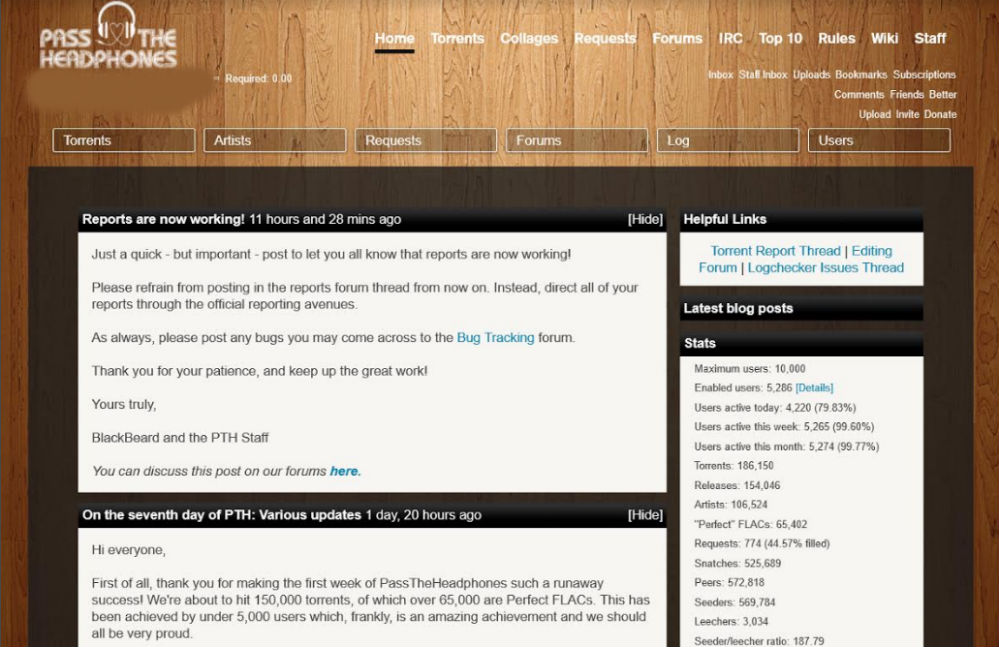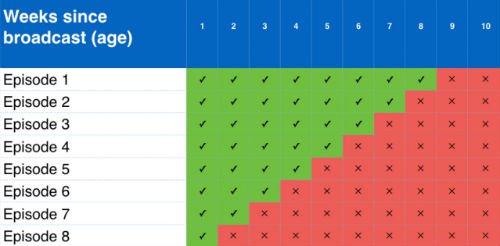Mandatory Piracy Filters May Violate EU Law, Scholars Warn
samedi 3 décembre 2016 à 11:51 Last September, the European Commission published its long-awaited proposal to modernize EU copyright law. Among other things, it will require online services to do more to fight piracy.
Last September, the European Commission published its long-awaited proposal to modernize EU copyright law. Among other things, it will require online services to do more to fight piracy.
Specifically, Article 13 of the proposed Copyright Directive requires online services to monitor and filter pirated content, in collaboration with rightsholders.
This means that online services, which deal with large volumes of user-uploaded content, must use fingerprinting or other detection mechanisms to block copyright infringing files.
“The Commission proposal obliges such service providers to take appropriate and proportionate measures to ensure the protection of user-uploaded works, for example by putting in place content recognition technologies,” the Commission explained.
The Commission stressed that the changes are needed to reinforce the negotiating position of copyright holders, so they can sign licensing agreements with services that provide access to user-uploaded content.
However, the proposal is drawing wide criticism from the public, digital rights activists, and legal scholars. Just recently, a group of legal experts bundled several of their main concerns in a paper.
TorrentFreak spoke with Dr. Sophie Stalla-Bourdillon, Associate Professor in IT and IP law at the University of Southampton, who is one of the authors of the paper.
Stalla-Bourdillon and her colleagues warn that, in its current form, the proposal goes against existing EU law.
For one, the general obligation to monitor the content that users are transmitting, directly opposes Article 15 of the E-Commerce Directive. This article prohibits general monitoring obligations for service providers.
“Such an obligation [to monitor contents] goes against Article 15 of the E-commerce Directive, which prevents Member States from imposing upon intermediary providers general monitoring obligations,” she notes.
More importantly, the legal scholars also note that the filtering requirement also contradict Articles 8 and 11 of the EU Charter of Fundamental Rights. These articles protect people’s freedom of expression and access to information, as well as their personal data.
Both articles were also cited in the Netlog filtering case that went before the EU Court of Justice (CJEU) a few years ago. At the time, the Court held that requiring an online platform to install broad piracy filters is incompatible with EU law.
In the proposed Copyright Directive the filters will be put in place in collaboration with rightsholders. However, that doesn’t change the fact that the human rights dimension is largely ignored.
“Requiring that filtering systems be put in place in collaboration with rightholders is not enough to eliminate these human rights challenges,” Stalla-Bourdillon says.
“The CJEU did not imply in Netlog that if the database of protected works was produced in collaboration with rightholders themselves, the general obligation to monitor imposed upon the service provider would thus be transformed into a permissible, special obligation to monitor.”
With their paper, the researchers are making a case for a complete re-assessment of the filtering requirement. They ask the EU Commission to carefully look at the new requirements, and make sure that they are in line with existing case law and legislation.
Source: TF, for the latest info on copyright, file-sharing, torrent sites and ANONYMOUS VPN services.
 During the fall of 2007, tens of thousands of passionate music fans mourned
During the fall of 2007, tens of thousands of passionate music fans mourned 
 In this episode we hear from Joe Matheny, one of the founders of the underground private torrent tracker The Grey Lodge.
In this episode we hear from Joe Matheny, one of the founders of the underground private torrent tracker The Grey Lodge. Over the past decade, TV and movie companies have taken part in a massive experiment in which they’ve had to reinvent their business models, adopting to rapidly changing demands from consumers.
Over the past decade, TV and movie companies have taken part in a massive experiment in which they’ve had to reinvent their business models, adopting to rapidly changing demands from consumers. 